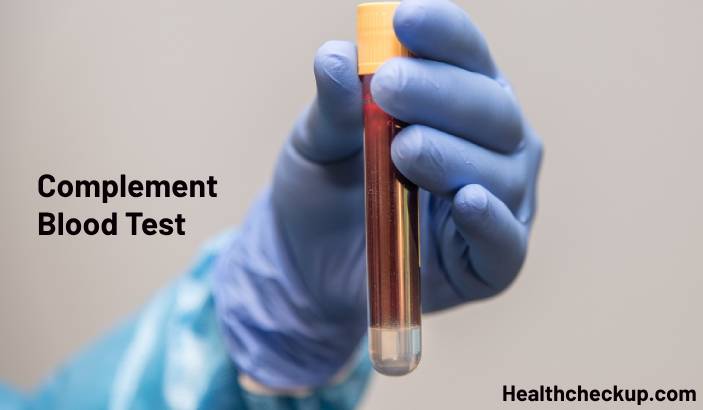The complement system is a part of the immune system that enhances (complements) the ability of antibodies and phagocytic cells to clear microbes and damaged cells from an organism, promote inflammation, and attack the pathogen’s cell membrane. A complement blood test measures the activity or concentration of complement proteins in the blood, providing vital information about the status of the immune system. This article explores the types of complement tests, their purposes, how to prepare for them, the testing procedure, and understanding the results.
Types of Complement Blood Tests
Total Complement Activity (CH50): Measures the overall activity of the classical complement pathway to see if there are any deficiencies in the major components. Complement Components Tests (C3, C4, and others): These tests measure the levels of specific complement components. They are used to determine which component might be deficient or abnormally low.
Purpose of Complement Blood Tests
- Diagnosing Complement System Disorders: These tests help in diagnosing conditions associated with deficiencies or abnormalities in the complement system, which can lead to increased susceptibility to infections.
- Monitoring Autoimmune Diseases: Conditions like systemic lupus erythematosus (SLE) and rheumatoid arthritis can consume complement proteins excessively; hence, testing can monitor disease activity and response to treatment.
- Investigating Recurrent Bacterial Infections: Frequent infections can be a sign of a complement system problem, prompting this test to determine the underlying cause.
- Assessing Kidney Disease: Complement tests are also used in the evaluation of certain kidney diseases, such as glomerulonephritis, where complement activation plays a role.
Preparation for Complement Blood Tests
- No Fasting Required: Typically, no special preparation, such as fasting, is required for complement blood tests.
- Medication Review: Patients should inform their doctor about any medications or supplements they are taking, as some drugs can influence complement levels.
- Schedule and Timing: Since complement levels can fluctuate during an infection or inflammation, the doctor may recommend scheduling the test at a specific time.
Procedure of Complement Blood Tests
- Blood Sample Collection: A small amount of blood is drawn from a vein, usually in the arm. The procedure is quick and is carried out in a hospital or a diagnostic lab.
- Handling and Analysis: The sample is then processed under specific conditions to ensure the stability of the complement proteins before being analyzed by a laboratory technician.
Understanding Complement Blood Test Results
- Normal Range: Normal values can vary slightly between laboratories, but generally, a normal result means all complement components are functioning as expected.
- High Complement Levels: Elevated levels can be seen in acute phase reactions where there is inflammation or infection.
- Low Complement Levels: Reduced levels may suggest a consumption of complement in the immune response, such as in autoimmune diseases, or a hereditary deficiency which might make a person more susceptible to certain types of infections.
Risks of Complement Blood Tests
- Bleeding and Bruising: The most common risk associated with any blood draw includes minor bruising or bleeding at the site where the needle was inserted.
- Infection: There is a very small risk of infection at the puncture site.
- Fainting or Lightheadedness: Some people might feel faint or lightheaded during or after the blood draw.
Complement blood tests help in diagnosing and monitoring various medical conditions associated with the immune system. By measuring the activity or levels of complement proteins, these tests can help detect deficiencies or dysregulation in the complement system, guiding the diagnosis and management of autoimmune diseases, recurrent infections, and certain kidney disorders.
I specialize in writing about health, medical conditions, and healthcare, drawing extensively from scientific research. Over the course of my career, I have published widely on topics related to health, medicine, and education. My work has appeared in leading blogs and editorial columns.









